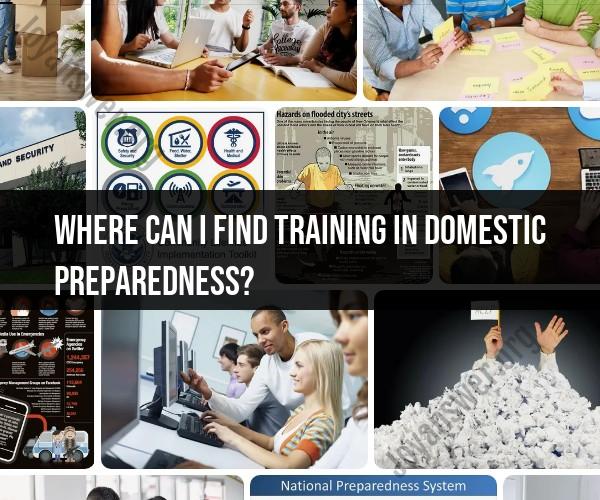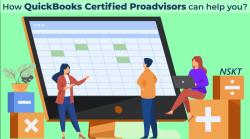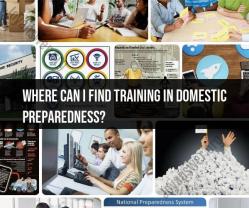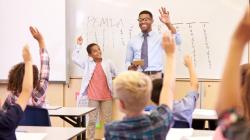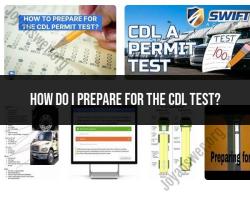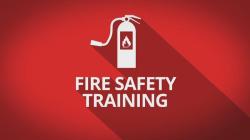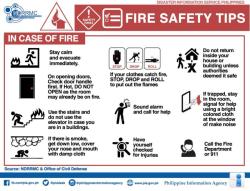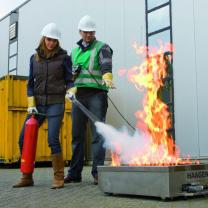Where can I find training in domestic preparedness?
Training in domestic preparedness, especially in fields like emergency response, disaster management, and homeland security, can be found through various channels:
Federal Emergency Management Agency (FEMA): FEMA offers a wide range of training programs and courses through its Emergency Management Institute (EMI). Their website provides access to online courses, in-person training, and resources related to disaster preparedness and response.
Local Emergency Management Agencies: Check with your local emergency management agency or fire department. They often provide training programs, workshops, and drills related to domestic preparedness and response specific to your area.
Community Colleges and Universities: Many educational institutions offer courses or certificate programs in emergency management, homeland security, or disaster preparedness. These programs might cover various aspects of domestic preparedness.
Online Platforms: Websites like Coursera, Udemy, or LinkedIn Learning offer online courses related to emergency preparedness and response. These courses cover topics ranging from basic preparedness to advanced emergency management strategies.
Professional Associations: Organizations like the National Domestic Preparedness Consortium (NDPC) or the National Center for Biomedical Research and Training (NCBRT) offer specialized training and resources in domestic preparedness for responders, law enforcement, and healthcare professionals.
Government Websites and Initiatives: Explore government websites dedicated to emergency preparedness, such as Ready.gov, which provides resources, training materials, and guides for individuals and communities to prepare for various emergencies.
Nonprofit Organizations: Some nonprofit organizations specialize in disaster preparedness and response. They might offer training programs or workshops for volunteers and community members interested in helping during emergencies.
When seeking training in domestic preparedness, consider the specific focus areas you're interested in, whether it's disaster response, incident command, hazardous materials handling, or other related fields. Additionally, certifications like CERT (Community Emergency Response Team) training might be available in your area, providing basic preparedness and response skills.
Where can individuals access training focused on domestic preparedness?
Individuals can access various resources for domestic preparedness training, catering to different learning styles and preferences. Here are some options to consider:
Online Training:
- Federal Emergency Management Agency (FEMA): FEMA offers free online courses on various preparedness topics like disaster preparedness, CPR/First Aid, and sheltering in place.
- American Red Cross: The Red Cross provides online training in essential skills like First Aid, CPR, and AED use. They also offer specific courses on preparing for different types of disasters.
- Ready.gov: This official U.S. government website provides free online training modules on emergency preparedness basics, building a kit, and developing plans for different hazards.
- American College of Emergency Physicians (ACEP): ACEP offers free online modules on Stop the Bleed® training, crucial for emergency situations.
In-Person Training:
- Local Emergency Management Agencies (EMA): Many local EMAs offer in-person workshops and classes on preparing for specific hazards relevant to your area. Contact your local EMA to inquire about their programs.
- American Red Cross Chapters: Red Cross chapters often hold in-person classes and workshops on First Aid, CPR, and disaster preparedness.
- Community Organizations: Many communities offer preparedness training through organizations like fire departments, community centers, and faith-based groups. Search for "preparedness training near me" to find local options.
Additional Resources:
- Books and Guides: Numerous books and guides cover domestic preparedness topics. Look for publications from reputable organizations like FEMA, the Red Cross, and preparedness experts.
- Podcasts and Youtube channels: Several podcasts and Youtube channels discuss preparedness tips and information in a more informal format. Choose channels from trusted sources with accurate information.
Remember:
- Tailor your training: Choose resources that address the specific hazards and threats relevant to your location and needs.
- Practice makes perfect: Participate in drills and simulations to familiarize yourself with your plans and emergency procedures.
- Stay informed: Regularly update your emergency kit and plans as your needs and circumstances change.
By accessing these resources and actively engaging in preparedness efforts, you can build confidence and resilience for unexpected situations.
I hope this information helps you find the perfect training for your domestic preparedness needs!
